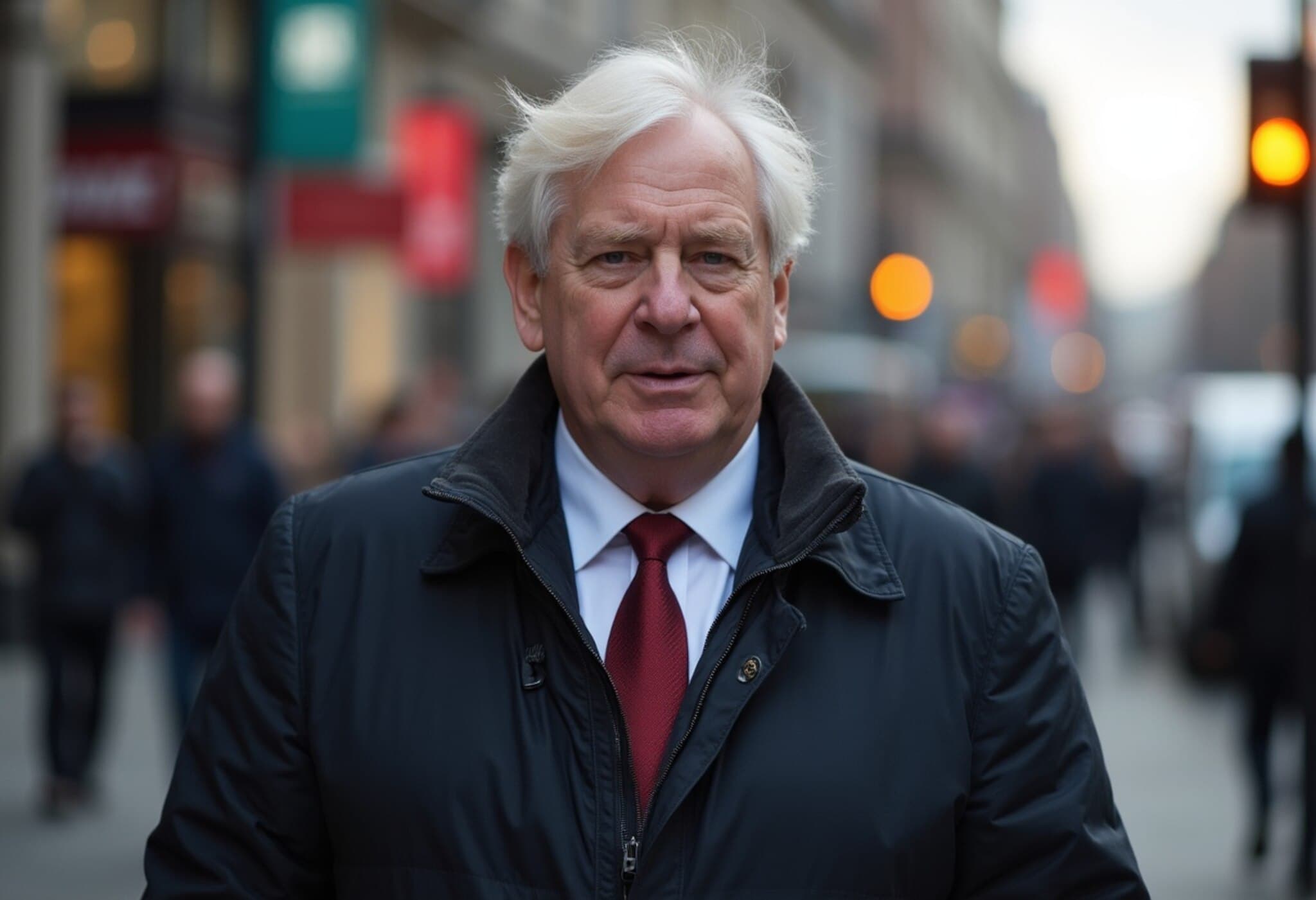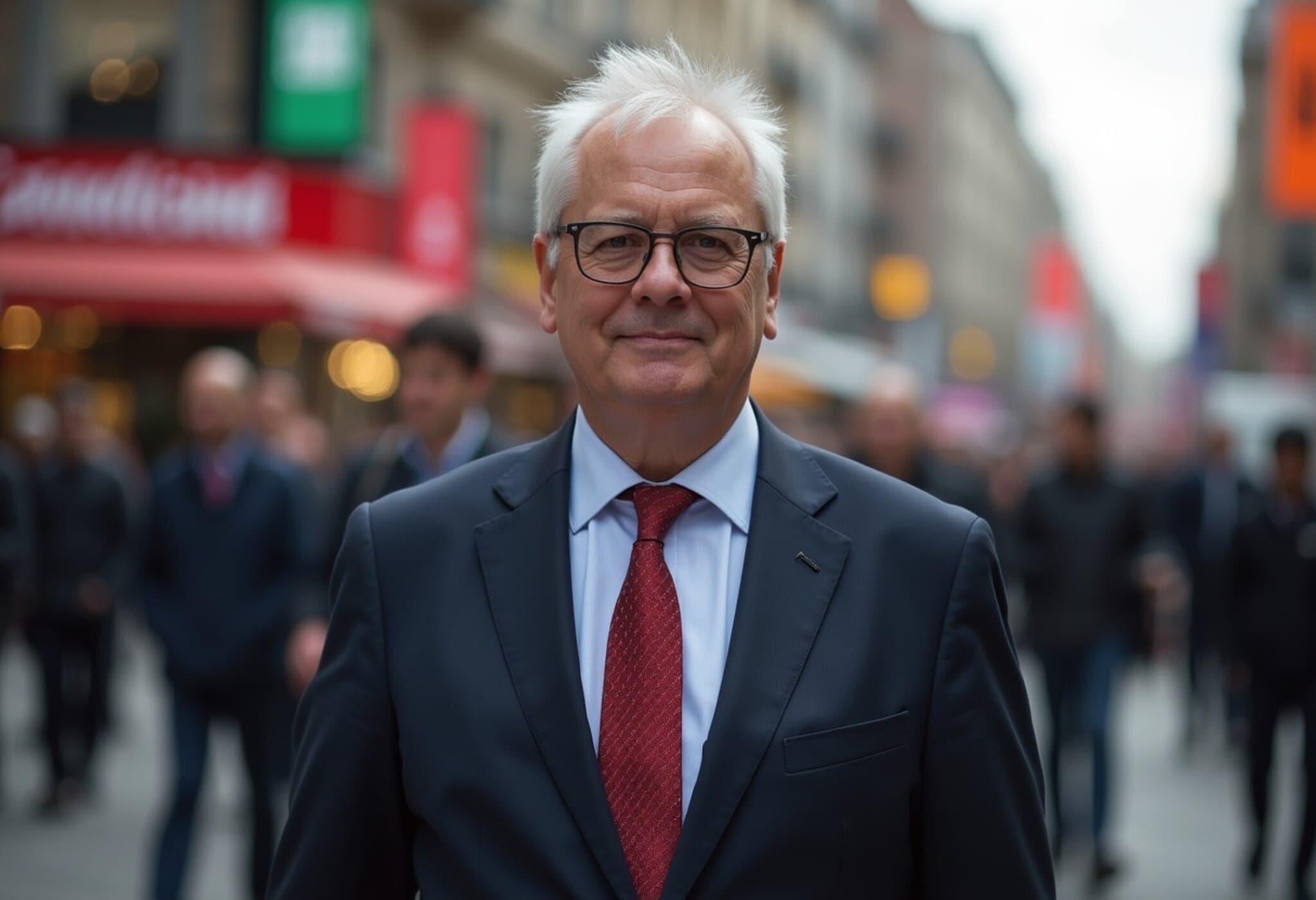Billionaire John Fredriksen Plans Exit from UK, Selling Priceless London Estate
John Fredriksen, the Norwegian-born shipping magnate valued at $17.3 billion by Forbes, is making headlines by putting his historic London mansion on the market, signaling a sharp withdrawal from the United Kingdom. The billionaire's decision, fueled by recent sweeping tax reforms and a perceived decline in Britain's economic landscape, sheds light on a broader exodus of ultra-wealthy individuals leaving the country.
A Staggering Sale: The Old Rectory in Chelsea
Fredriksen’s property, The Old Rectory, is a magnificent 300-year-old Georgian manor nestled in London’s affluent Chelsea neighborhood. Spanning over 30,000 square feet, this palatial estate boasts 10 bedrooms, an opulent ballroom, and two acres of verdant gardens—among the largest private gardens in London. The estate carries an estimated value of £2.8 billion (approximately ₹2,800 crore).
Having purchased The Old Rectory in 2001 for £37 million, Fredriksen famously rejected a £100 million offer from Russian oligarch Roman Abramovich in 2004, reflecting the property's extraordinary prestige.
Tax Reform Sparks Controversy and Wealth Migration
The billionaire’s decision to sell comes just weeks after publicly lamenting the UK's new tax regime, famously stating, “Britain has gone to hell.” Central to his grievance is the abolition of the non-domiciled (non-dom) tax status—previously a coveted perk that allowed wealthy foreign nationals to reduce their UK tax burdens.
Fredriksen has already begun discreet viewings, laid off over a dozen staff members, and plans to relocate to the United Arab Emirates, a nation rapidly emerging as a premier haven for global wealth. Reflecting broader trends, he bluntly remarked to Norwegian media outlet E24 that, “The entire western world is on its way down.”
The Wealth Exodus: A Changing Tide for the UK
Fredriksen’s exit epitomizes a larger migration of high-net-worth individuals (HNWIs) from the UK. Industry tracker Henley & Partners predicts that in 2025 alone, over 16,500 millionaires will leave Britain, making it the highest millionaire outflow worldwide.
Key factors driving this shift include:
- Increased inheritance tax rates
- A new 15% VAT on private school fees
- Changes to residence-based taxation policies
Though the UK remains the world’s fifth largest millionaire population, it’s unique among leading economies in experiencing negative growth in millionaire residency over the past decade.
UAE: The New Epicenter for the Ultra-Wealthy
As the UK sees a drain on its elite wealth, the United Arab Emirates has blossomed as the preferred destination for billionaires and millionaires alike. Predictions show nearly 9,800 millionaires will relocate there in 2025, collectively bringing wealth worth approximately $63 billion (₹5.23 lakh crore).
Fredriksen’s planned move aligns with a broader strategy among the global elite to seek jurisdictions with favorable tax policies, political stability, and luxury lifestyle amenities.
Succession and Legacy
Looking ahead, Fredriksen is preparing to pass the reins of his expansive oil and shipping empire to his twin daughters, Cecilie and Kathrine Fredriksen, ensuring the family legacy in maritime business continues.
Expert Perspective: The Broader Implications of Wealth Migration
From an economic policy standpoint, Fredriksen’s departure exposes critical challenges facing the UK government. As high-net-worth individuals move wealth and assets offshore, the country risks eroding its tax base and diminishing private investment, especially in luxury real estate and service sectors.
Experts warn that while tax reforms aim to enhance fairness and public revenue, they must be carefully calibrated to maintain international competitiveness. The UK’s brand as a financial and cultural hub depends heavily on its ability to retain global talent and capital.
Moreover, this trend raises important questions about socioeconomic equity and the role of fiscal policy in balancing domestic needs with attracting global wealth.
Conclusion
John Fredriksen’s exit from the UK market and sale of The Old Rectory is more than a high-profile real estate transaction—it is a bellwether of shifting global wealth dynamics and the complex interplay between taxation, residency, and economic opportunity.
As nations like the UAE rise as magnets for affluent migrants, the UK confronts pivotal policy decisions that could shape its economic trajectory for decades to come.
Editor’s Note
This evolving exodus of billionaires like John Fredriksen illuminates a critical juncture for tax and migration policy worldwide. It invites readers to consider:
- How can established economies balance progressive tax reforms with competing for global capital?
- What are the long-term effects of losing wealthy residents on local economies and communities?
- Is there a sustainable path that supports both fiscal fairness and economic vitality?



















